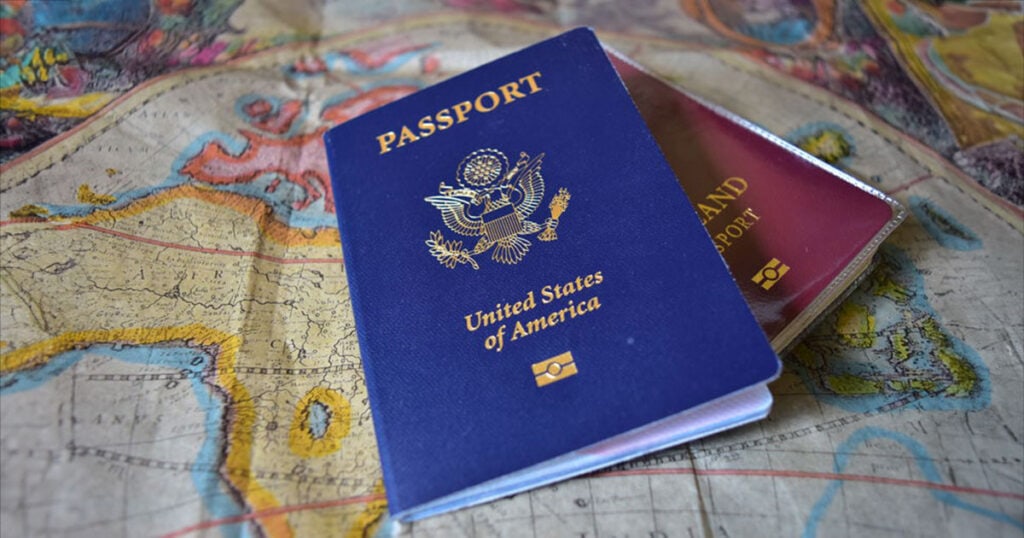In 2008, President Bush signed the Heroes Earnings Assistance and Relief Tax (HEART) Act. One of the major provisions of the Heart Act was to collect substantial taxes from certain United States taxpayers (whether a citizen or a permanent resident alien) who expatriated from the United States after June 16, 2008.
The individuals that this law applies to are known as “Covered Expatriates.”
There can be harsh federal income tax and federal inheritance tax consequences if you are deemed to be a Covered Expatriate.
A person is considered a c if he or she:
- is a US citizen who renounced his or her citizenship OR a permanent resident alien who relinquishes his or her status after being a permanent resident alien for 8 of the last 15 years; AND
- has had an average annual net income tax of more than $124,000 ($136,000 adjusted for inflation) in the preceding five years OR has a net worth equal to or more than $2,000,000 OR such person fails to certify, under penalty of perjury, that he or she has met the income and asset requirements.
Additionally, this statute does not apply to dual citizens who became a citizen of the United States by birth, but have never had substantial contacts with the United States.
A person is considered to have substantial contact with the United States if he or she was ever a resident of the United States, ever held a passport OR was present in the United States for more than 30 days during any calendar year 10 years prior to the person giving up their United States citizenship.
There is a slight variation on this rule for dual citizens who give up their US citizenship prior to age 18 and 1/2.
To learn more about who is a Covered Expatriate, wee Internal Revenue Code Section 2801 and Section 877A(g)(1).




